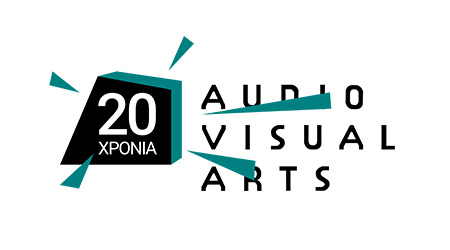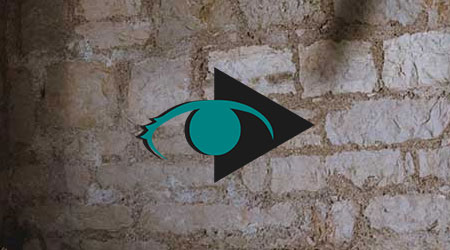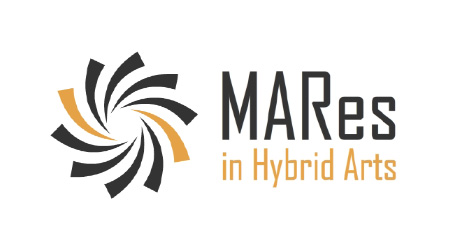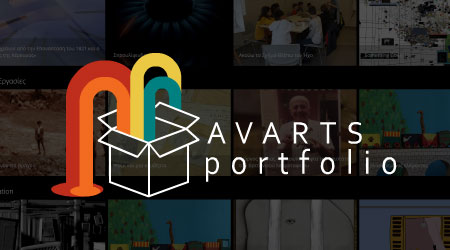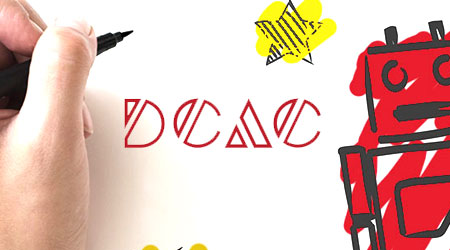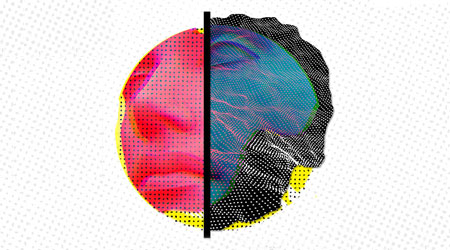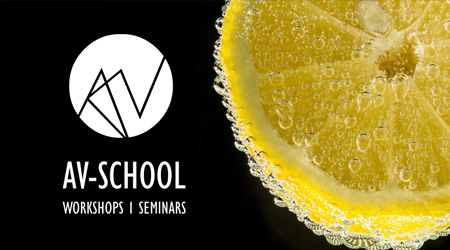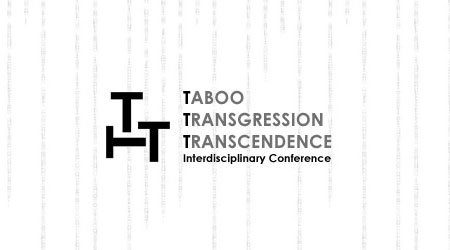Dialogic Interventions in Public Space
Teaching Staff: Floros Angelos
Course Code: AVA543
Course Type: Elective
Course Level: Undergraduate
Course Language: Greek
Semester: 5th΄
ECTS: 7
Teaching Units: 4
Teaching Hours: 4
Teaching Structure:
| Activity | Semester Workload |
|---|---|
| Lectures | 26 |
| Lab Lectures | 26 |
| Literature Study and Analysis | 80 |
| Practice and Preparation | 43 |
| Course Total (ECTS: 7) | 175 |
The course 'Interactive interventions in public space' has shaped its programme in the context of the relationship between citizens and public space. It was based on the trilogy 'reading', 'writing', 'intervention', a module used by computer science for the rights of users to the content of the digital repository of the private and public space of the processing unit (read/write/execute).
The aim of this course is to understand the design processes involved in creating an audiovisual work for a specific site.
The 'Reading' module involved possibilities for mapping, understanding and highlighting human behaviour and the diversity of elements of the urban environment in public space. The theoretical framework was based on Michel Foucault's study of 'Heterotopias', through which the philosopher formulated 6 principles for defining and distinguishing between heterotopias of crisis and divergence. A field of study was defined for the students as the Bosquet garden a symmetrical garden modelled on the Renaissance garden located in the northern moat of the Old Fortress and the Lower Square in Spianada. The task was to create an audiovisual project consisting of a composition of photographs and sound recordings from the garden.
The Writing module explored the anthropogeographical approach to the public space of childhood and adolescence. Initially they were asked to create a psychogeographic map of the place where they spent their childhood and adolescence. They then proceeded to write a text as a medium and as a message for audiovisual transfer to the general public. The text became the main spoken object of their audiovisual work.
Exercise pronunciation
"Recalling your childhood, adolescent and adult experiences you are invited to create an autobiographical video that connects private life with the public sphere and the city.
The video may use static and moving footage of places in your locality where you have a personal experience, or distinctive memories, places that bear a personal imprint or have left a mark on your public life. The soundscape complements the audiovisual content of the urban context and space in which you grew up.
A prerequisite is the existence of a narrative text - in the form of a letter - a text recording and conveying your experiences of urban culture and the city. The text may bear the characteristics of a diary in which thoughts, fears and desires are honestly recorded."
Lecture on Public Space
The Arts and the Public Sphere
The building blocks of meaning composition
Foucault's Heterotopias
The use of sound and image recording media
Psychogeographical Maps
Writing a narrative text
Design of audiovisual composition
Ζ. Deleuze, F. Guitari, The Anti-Oedipus Part A, Plethron Publications
Ζ. Deleuze, F.Guitari, The Antipodes part A, Plethron Publishing
G.Habarmas, The age of transitions, Scripta Publications
The course separated the research from the laboratory process at the beginning. It first defined the theoretical framework and the research component. Then the framework for the design of the 2 projects was developed.
The following procedure was followed for the implementation: for the division of the procedures for the topic of "Reading" and "Writing".
Exercise A-Reading': Presentation of exercise, Determination of research area, Visit to the site, Discussion on the recording material Discussion on Audiovisual Composition.
Exercise B-Description: Presentation of exercise, Determination of research area, Creation of a Psychogeographical Map, Discussion on the map, Discussion on narrative writing and Audiovisual Composition.
Initially, the use of audio and video recording media is used. We move on to the use of image editing tools.
For the assessment, students were asked to prepare the two projects for participation in the TTE Audiovisual Arts Festival. The activity is being implemented in May.
Back
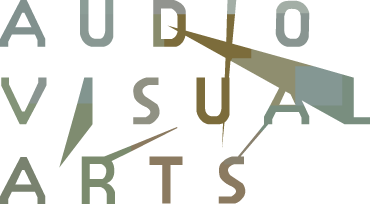


 Dialogic Interventions in Public Space
Dialogic Interventions in Public Space
